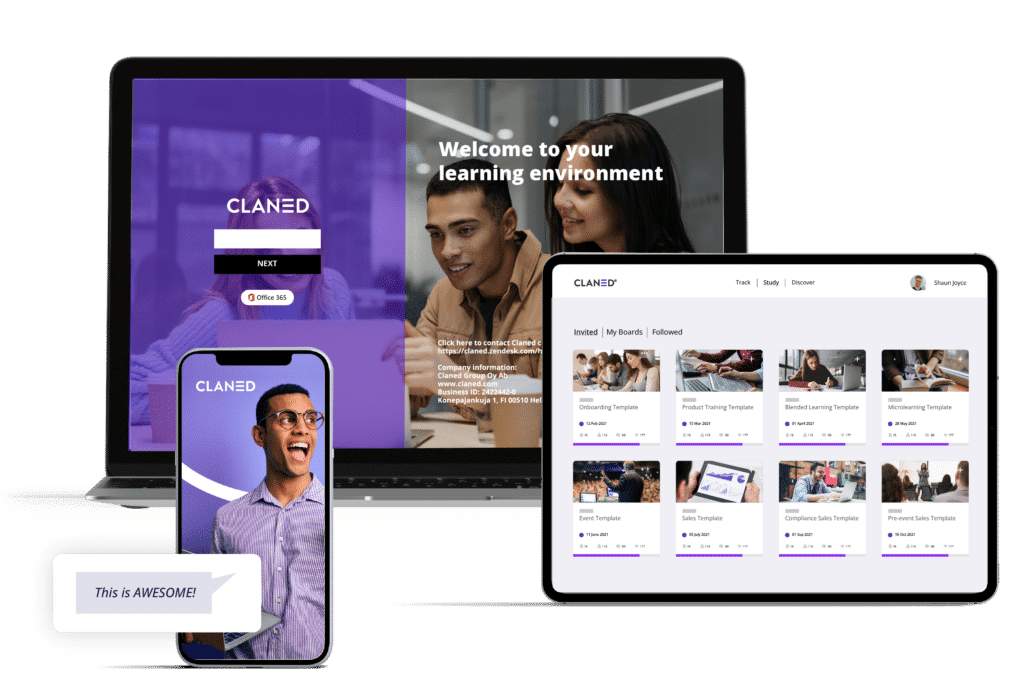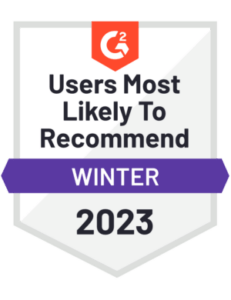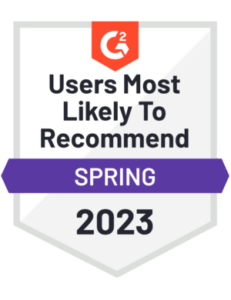Ahhh, the new year, it never gets old. Somehow lots of us feel a sense for freshness – maybe it’s in part to do with the crisp January weather (if you live in a northern climate), of the days getting longer and brighter (again, northern climates) maybe it’s the communal time of reflection combined with optimism for the new (or old) challenges.
Whatever it is, around the start of a new year, a familiar ritual unfolds across the world. People everywhere make ambitious New Year’s resolutions, often involving learning new skills, personal development, and under-used gym memberships.
But let’s be honest, how many of us have promised to become fluent in Spanish, learn to code, or master the art of French cooking, only to find ourselves binge-watching TV shows by February?
This year let’s break the cycle with learning resolutions that stick.
Setting Realistic Learning Goals: The Art of Being Ambitious but Sensible
- Start by setting realistic goals. If you can barely boil water, aiming to be the next Gordon Ramsay by February might be a stretch. Similarly, if your current idea of exercise is walking to the fridge, perhaps training for a marathon is a bit too ambitious. Instead, how about mastering five go-to recipes or jogging a 5K?
- Break your goals into smaller, achievable milestones. Want to learn a new language? Aim to learn basic conversational phrases first, rather than the entire dictionary.
Choosing the Right Learning Resources: Because Not All YouTube Tutorials Are Created Equal
- Select learning resources that fit your lifestyle. If you’re always on the go, a podcast or an audiobook might be more practical than a thick textbook.
- Remember, quality over quantity. It’s better to have one reliable source of learning than ten questionable YouTube tutorials that teach you how to accidentally set fire to your kitchen.
Creating a Sustainable Learning Routine: Consistency is Key
- Integrate learning into your daily routine. Practice your new language skills while showering, or listen to a business podcast during your commute.
- Set aside specific times for learning. Maybe dedicate 30 minutes before bed for your online course, instead of falling into the social media rabbit hole.
Tracking Progress and Celebrating Achievements: The Little Victories Matter
- Keep track of your progress. Nothing is more motivating than seeing how far you’ve come. Plus, it’s an excellent way to humblebrag to your friends and family.
- Celebrate your achievements, no matter how small. Managed to not burn the salad? That’s a win in our book.
Fuelling Your Learning Journey for the Long Game: Understanding and Managing Motivation
Whatever your plan and goals for learning this year, understanding the interplay of intrinsic and extrinsic motivation is a key to success. Intrinsic motivation comes from within, driven by personal interest, passion, or sheer enjoyment in the task itself, like learning Italian because you love the language’s musicality.
Extrinsic motivation, on the other hand, is fueled by external rewards or recognition, such as learning a new software skill for a promotion. We’re often motivated by some mix of the two, motivation is more of a spectrum, and where we fall on that spectrum can vary day-to-day and awareness of this is a great boon to keeping the practice up – feeling unmotivated? Use some external reward to treat yourself after you’ve completed the practice for the day.
Conversely, if you find yourself deeply intrigued – maybe in a flow state? Keep it going until you no longer feel that way. It’s all about finding that personal and professional ‘whys’ that keeps the fire burning, even when the going gets tough.
By setting up manageable goals, creating a supportive environment, celebrating the small wins, and sometimes, just being kind to yourself when progress feels slow you hedge your bets for success in whatever it is you’re trying to learn. Remember, the journey of learning is as important as the destination, and keeping your motivational flame alight will help to guide you through to success.
Conclusion: The Year of Learning Smartly (and Actually Enjoying It)
Making New Year’s learning resolutions is easy, but sticking to them requires a mix of realism, good planning, cognitive awareness, and a sprinkle of humor.
Remember, the goal is not just to tick off a list but to enjoy the journey of learning.
So, let’s raise our glasses (of responsibly chosen “learning fuel”) to a year of acquiring new skills, one laugh and one realistic goal at a time. Cheers!







